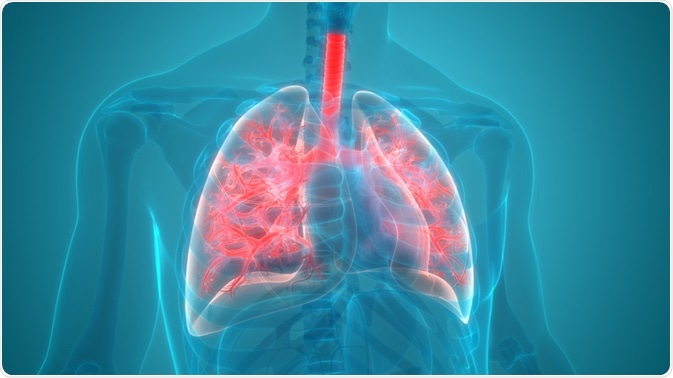Pneumonia is an infection of the lungs caused by various bacteria, viruses, or fungi. Viral pneumonia is an infection of the lungs caused by a virus. It is the most common type of pneumonia, accounting for up to one-third of all cases. It usually affects young, healthy people, although it can affect people of any age.
The most common viruses responsible for viral pneumonia treatment are influenza, respiratory syncytial virus (RSV), and coronaviruses. The severity of viral pneumonia can range from mild to severe. Mild cases may only require rest and fluids, while more severe cases may require hospitalization and oxygen therapy.

Image Source: Google
The symptoms of viral pneumonia may include fever, cough, chest pain, difficulty breathing, fatigue, and loss of appetite. These symptoms can vary depending on the type of virus causing the infection. Diagnosis of viral pneumonia is usually made by a combination of physical examination, chest X-ray, and laboratory tests. Treatment of viral pneumonia typically involves rest, fluids, and over-the-counter medications to reduce fever and pain. In severe cases, antibiotics may be prescribed to prevent secondary bacterial infections.
It can be prevented by avoiding contact with people who have respiratory infections. Vaccines are available to protect against some of the viruses that can cause pneumonia. Good hygiene, such as frequent handwashing, is also important in preventing the spread of infection.
In conclusion, viral pneumonia is an infection of the lungs caused by various viruses. It is usually mild but can be severe in some cases. It can be prevented by avoiding contact with people who have respiratory infections, getting vaccinated, and practicing good hygiene. Medical treatment is available for those who develop symptoms of viral pneumonia.